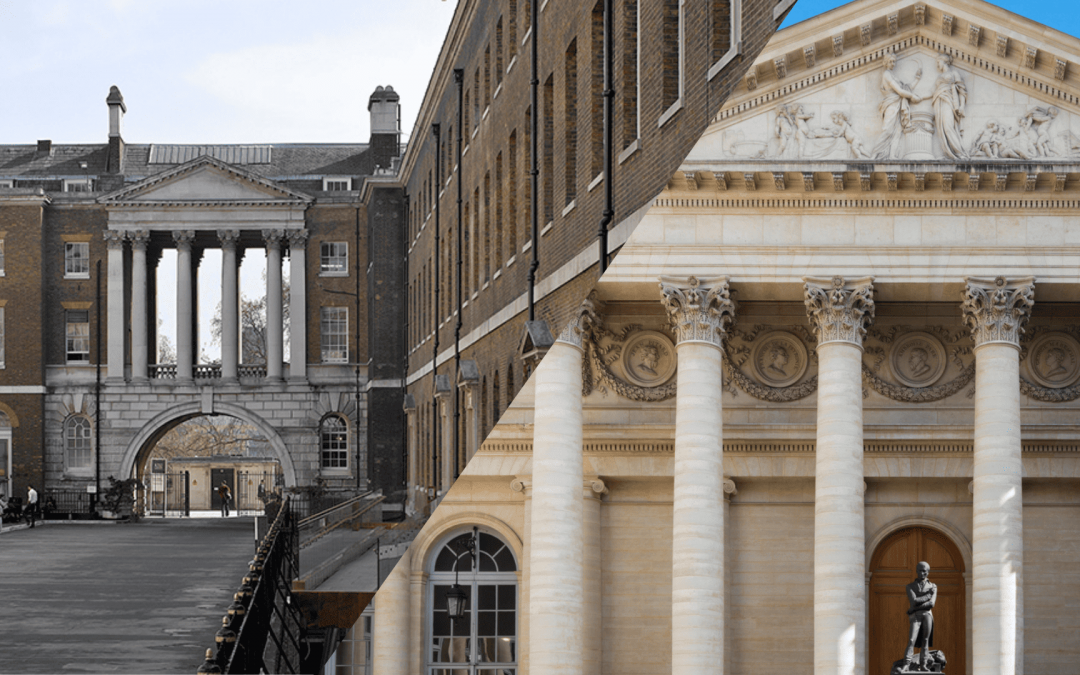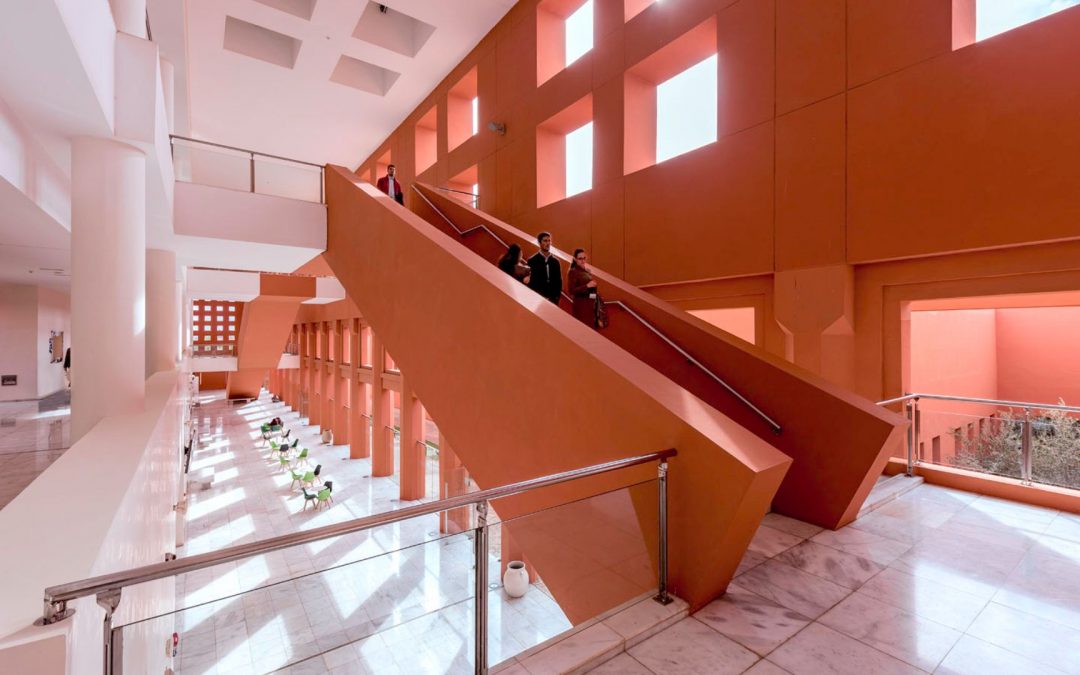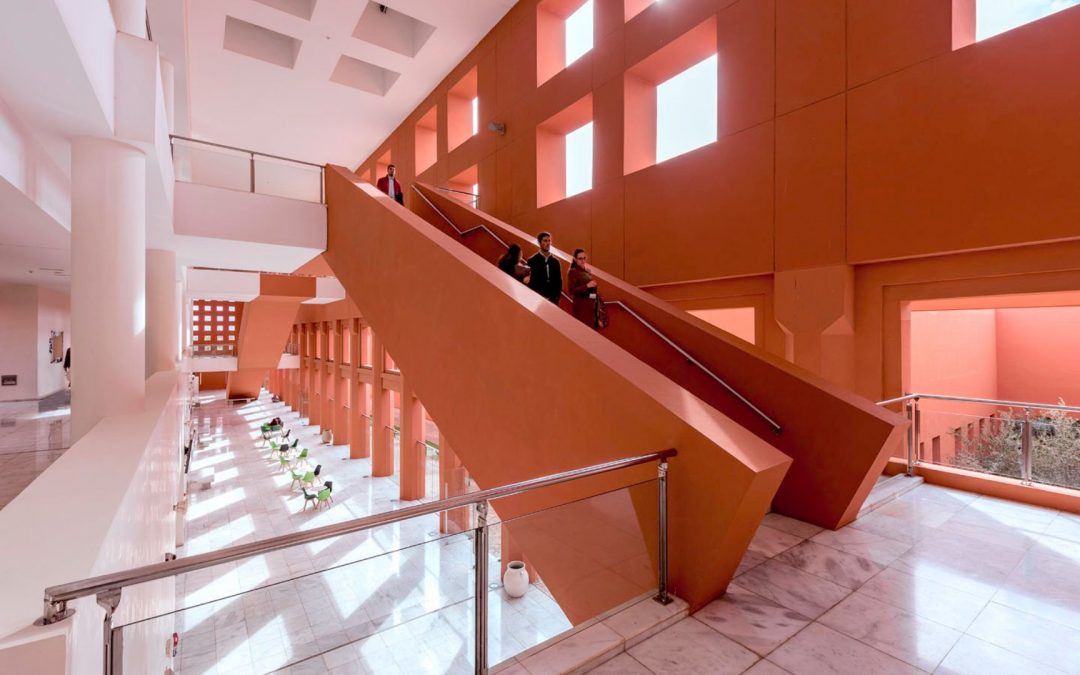The spatial centre Université Paris Cité
Overview
Several laboratories of Université Paris Cité are involved in space missions or in the analysis of space missions. The research topics are broad observation of the Earth and its inhabitants, exploration of the planets of the solar system and their satellites, observation of exoplanets, fundamental physics, analysis of extra-terrestrial samples, physics in weightlessness, biology and medicine in microgravity, exobiology.
- The Spatial Centre will strengthen Université Paris Cité’ support for scientific projects of its laboratories, associated with future space missions and their instruments, as well as with the analysis of data from missions in operation. It will enable the teams from Université Paris Cité to better respond to the opportunities of the “New Space”.
The growing presence of space in our society also raises new questions and reflections, on the legal aspects of the use of common property, the medical aspects of orbital or distant human exploration, the new perspectives in the fields of planetary defense, the economic hazards of space meteorology, space law, the duality of defense and research.
- PSUP will serve as a forum for the study of these issues, bringing together the teams from Université Paris Cité and promoting multi-disciplinary research.
Université Paris Cité has a long tradition of teaching in the field of space.
- PSUP will reinforce the attractiveness of Université Paris Cité’s associated academic programs, both in the engineering aspects of satellites, its on-board instruments, in the processing of space data and the value it brings to society. Lastly, it aims to promote to build bridges between academic programs and space laboratories.
By consolidating the leadership of space laboratories in their field of excellence, by promoting multidisciplinarity within the University in the field of space and by enriching the instructional offer, the Université Paris Cité will be able to consolidate its position among future university space centres.
Ambitions and objectives :
The activities of the Université Paris Cité Space Centre will be focused around 4 areas:
- Providing assistance before the projects are accepted, during the implementation and at key phases.
- Sharing resources, specific equipment related to developing scientific space instrumentation and the pooling of space know-how
- Coordinating the management of space data in the field of scientific earth observation experiments and in the fields of human and social sciences
- Supporting communication and developing partnerships with space agencies, space industry companies, the scientific communitý and the general public.
These activities serve the cross-functional development of space related research themes within the university:
- Development of space missions;
- Development of “New Space” projects (scientific equipment on nanosatellites or private platforms…) ;
- Curricula enhancement and educational offering
- Study of the relationship between the Human being, the Society and Space.
À lire aussi

Call for projects 2025 UPCité – King’s College London
The call for projects between Université Paris Cité (UPCité) and our privileged partner King's College London (KCL), has been launched this friday, May 9th 2025. The objectives Université Paris Cité and King's College London are offering offering a seed funding for...

UM6P and UPCité Offer Two Joint PhD Scholarships
Mohammed VI Polytechnic University (UM6P) and Université Paris Cité (UPCité) are strengthening their collaboration by offering two joint PhD scholarships for thesis projects affiliated with one of UPCité’s Graduate Schools. This call aims to reinforce...

Radon Emissions on Mars and the Moon: The Contribution of Meteorites

Results of the first call for projects with Mohammed VI Polytechnic University
The first call for projects launched between Université Paris Cité and Université Mohammed VI Polytechnic in 2024 generated a great deal of interest. 24 proposals were submitted by pairs of researchers, one from UPCité and the other from UM6P, in all disciplines. A...
